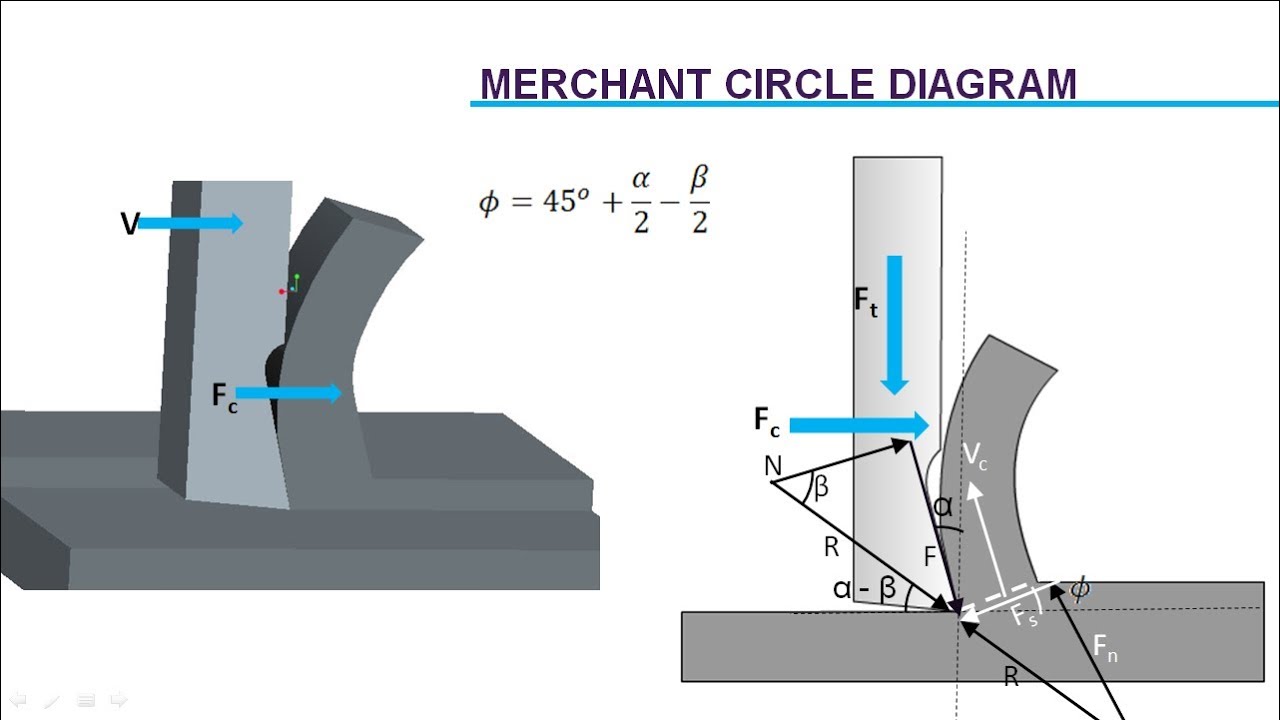Introduction: When Doubled a Mild Reprimand
When Doubled a Mild Reprimand Imagine this: your team member makes a small mistake. You decide to address it, but instead of a gentle nudge in the right direction, you find yourself delivering what feels like a double dose of reprimand. The reaction? A tense atmosphere and demotivated employees. This scenario is more common than you might think When Doubled a Mild Reprimand.
Mild reprimands can be effective tools for growth and learning when delivered correctly. However, overdoing it leads to an unintended culture of fear rather than one of support. In today’s professional world, striking the right balance is crucial—not only for individual development but also for fostering teamwork and morale When Doubled a Mild Reprimand.
How do we navigate this fine line between constructive feedback and overwhelming criticism? Let’s dive into the nuances that make all the difference in creating positive workplace dynamics while ensuring accountability remains intact When Doubled a Mild Reprimand.
Recognizing the Fine Line between Effective and Overbearing
In professional settings, feedback is essential for growth. However, there’s a delicate balance to strike. A well-placed reprimand can guide an employee back on track. But when it becomes excessive, the impact shifts dramatically When Doubled a Mild Reprimand.
Recognizing that fine line requires awareness and sensitivity. It’s not just about what you say but how you deliver your message. Tone, body language, and timing all play crucial roles When Doubled a Mild Reprimand.
Employees often respond better to constructive criticism than harsh reprimands. The goal should always be improvement rather than instilling fear or resentment When Doubled a Mild Reprimand.
By fostering open dialogues, leaders can create an environment where mistakes are viewed as opportunities for learning instead of moments of shame. This shift in perspective encourages accountability without crossing into overbearing territory.
The Negative Effects of Overdoing Mild Reprimands
Overdoing mild reprimands can have unintended consequences. When feedback becomes excessive, it may lead employees to feel demoralized. In a professional setting, this can diminish motivation.
Frequent criticism, even if mild, fosters anxiety. Team members might become overly cautious in their work. This stifles creativity and innovation as they fear making mistakes.
Moreover, relationships within the team can suffer. Trust erodes when individuals feel constantly judged or criticized. A culture of fear replaces one of collaboration and support.
Excessive reprimanding also distracts from positive reinforcement. Employees need acknowledgment for their successes just as much as constructive feedback on areas for improvement. Overemphasizing negatives skews the balance necessary for growth and development.
In such environments, turnover rates may increase as talented individuals seek workplaces that value their contributions rather than focus solely on their errors.
Strategies to Avoid Overdoing Reprimands in Professional Settings
Establish clear expectations from the beginning. When team members understand their roles and objectives, they’re less likely to misstep.
Maintain a feedback loop that encourages open dialogue. Regular check-ins can help address issues before they escalate. This proactive approach fosters trust and reduces the need for harsh reprimands.
Focus on constructive criticism instead of punitive measures. Highlight what went well alongside areas for improvement. This balanced strategy promotes growth rather than fear.
When addressing mistakes, keep it specific and relevant. Avoid vague statements that may confuse or frustrate employees. Clear guidance helps them learn effectively without feeling overwhelmed.
Practice patience and self-awareness in your communication style. Recognize your emotions during tough conversations to ensure you maintain a professional demeanor while delivering necessary feedback.
Creating a Positive and Supportive Work Environment
Creating a positive and supportive work environment starts with open communication. Team members should feel safe to voice their ideas and concerns without fear of harsh criticism. This fosters trust and collaboration.
Encouragement plays a vital role as well. Acknowledging small achievements boosts morale and motivates employees to strive for excellence. Simple words of appreciation can transform the workplace atmosphere.
Moreover, promoting teamwork enhances relationships among colleagues. Organizing team-building activities helps break down barriers and strengthens bonds, making it easier to navigate challenges together.
Additionally, providing resources for professional growth shows that you value your employees’ development. Workshops or training sessions empower individuals while reinforcing a culture of learning.
Cultivating an inclusive culture invites diverse perspectives into discussions. When everyone feels valued, creativity flourishes, leading to innovative solutions that benefit the entire organization.
The Importance of Empathy and Communication in Handling Mistakes
Empathy and communication are vital when addressing mistakes in the workplace. They create an environment where employees feel safe to acknowledge errors without fear of harsh judgment.
When leaders approach a mistake with understanding, it fosters trust. Employees are more likely to share their challenges openly, enabling quicker resolutions and learning opportunities.
Effective communication also involves active listening. It allows for a deeper understanding of the situation at hand. By asking questions and engaging in dialogue, managers can uncover underlying issues that may lead to repeated mistakes.
Moreover, expressing empathy humanizes leadership. A simple acknowledgment of shared struggles goes a long way toward strengthening team bonds. It shows that everyone is on the same journey together, navigating ups and downs as a cohesive unit.
Encouraging open conversations about errors builds resilience within teams, paving the way for growth and improvement over time.
Conclusion: Striving for Balance and Growth in Professional Interactions
Striving for balance in professional interactions can significantly enhance the workplace atmosphere. When addressing mistakes, it’s crucial to remember that a mild reprimand should not feel like an avalanche. The goal is growth, not discouragement.
Finding this balance requires awareness and sensitivity. Approaching feedback with empathy fosters trust and encourages open dialogue. Employees are more likely to learn from their errors when they feel supported rather than criticized harshly.
Consider each situation individually. Tailor your approach based on the person involved and the context of the mistake. By doing so, you’ll create an environment where people thrive despite challenges.
A supportive workspace nurtures collaboration and innovation, allowing everyone to contribute their best ideas without fear of excessive backlash for minor missteps. Emphasizing communication will lead to stronger relationships among team members.
By mastering the art of delivering constructive feedback while avoiding overdoing it, you promote a culture rich in understanding and progress—essential elements for any successful organization aiming for long-term success.



